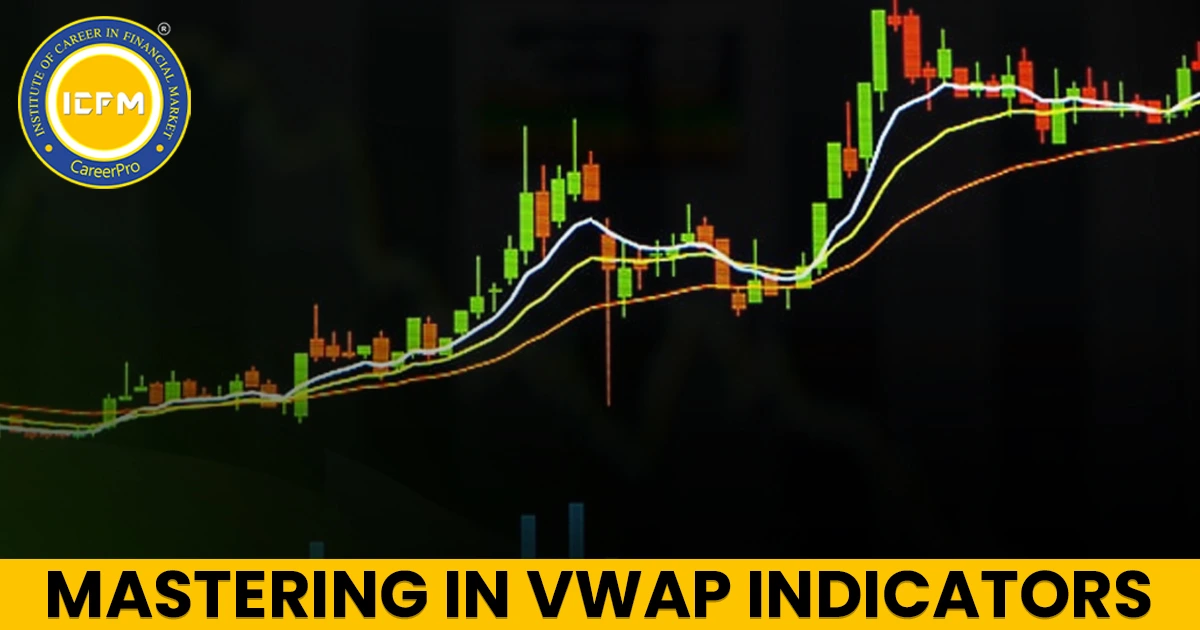If you are a trader who wants to master the craft and succeed in the long term, then there is one vital tool that you cannot ignore-the trading journal. So many beginning traders overlook its importance and assume that their strategies or analysis of the market will make them successful. While they know that the easiest way to track and observe performance, learn from their mistake, and improve is by having a trading journal updated at any time, this post will talk about why every trader, beginning or advanced, needs it and how it can become such a good asset to your journey.
1. Tracking Performance and Identifying Trends
Probably, one of the first and most crucial reasons why every trader should maintain a trading journal is to track performance over a given period. Trading activity tends to be dynamic in many ways and quite unpredictable, which may cause serious amnesia of details leading either to failure or success. The most vital information you'd like to follow from trade entries are the entry and exit prices; size; stop-loss and take-profit levels; the particular strategy that one's employing; and the condition within which this occurred.
By using a journaling system, you can have a look at your trading patterns and determine which setups or strategies are best suited for you while finding trends in your decision-making. In time, you will know whether you consistently profit or if some approaches require a little tweaking. That way, you will always have a clear view of how your performance is developing, and you can easily figure out where to improve.
2. Learn from Mistakes and Avoid Repeat Errors
Mistakes are sure to occur when trading. But the art lies in learning from them so that one can become an even better trader. A good trading journal will help you realize this. Every trade provides an opportunity to note those mistakes made—be it poor timing, emotional, or simply a bad plan.
By reviewing those records, you
may find consistent mistakes, which can then be avoided and corrected in the
future. Take the following example: a trader makes many bad trades as a result
of fear or greed guiding his judgment. In keeping a trading journal, this
pattern reveals itself so you become aware to avoid letting that happen to you
in the future. Learning from one's mistakes is growth and a good tool to keep
track of a trading journal.
3. Refining and Backtesting Trading Strategies
A trading journal doesn't only help in reflecting on previous trades, but it can also be used for testing and refining strategies. Keeping a clear record of your trades allows you to compare the performance of different strategies against the changing market conditions.
Did a particular strategy work
well when market volatility was high? Or did it perform better during trending
markets? Maybe you tried a new indicator or adjusted your risk management
rules—how did these changes affect your results? You can dissect and refine
your strategies based on real, practical data with a trading journal. Then,
focus only on what works, and get rid of what doesn't, one step at a time as
you become more effective and disciplined.
4. Building Emotional Mastery and Discipline
One of the biggest challenges in trading is managing emotions. Fear, greed, and impatience can lead to impulsive decisions that undermine your trading success. A trading journal serves as a tool for not only tracking the outcomes of your trades but also noting your emotional state during each decision. Were you feeling anxious when you entered a trade? Did you close a position too early because of fear of loss?
This way, you would keep track of
your emotional responses in the journal and will eventually identify patterns
and gain insight into how emotions affect decisions to trade. The first step to
gaining control again is to become self-aware, and this is emotional
discipline. Thus, the journal becomes a mirror reflecting your analytical acumen
as well as your emotional condition, forcing you to make more logical decisions
instead of acting on fleeting feelings.
5. Building confidence and trust in your process
A trading journal builds confidence too. If an individual has a clear look-back at some past trades and recognizes how ideas and decision-making have adjusted, then he would be probably able to trust the process. Full of doubts are commonly the traders who were losing badly on a certain line but find it not easy forgetting when a person has made a good journal of it.
This way, you follow your
progress and improvement. That in itself gives you something tangible: you are
indeed making progress as a trader which, in turn, can fortify your commitment
to the craft. This validation is particularly helpful during bad market periods
where frustration might get you to abandon strategies.
6. Consistent Risk Management
Perhaps most critically related to trading is risk management. Without a clear risk management plan, even the greatest ideas will fail. A journal of trades helps you understand other important aspects of your risk management, such as how to size your positions, position and stop-loss and take-pro fits, and the risk-reward ratio for each trade in case one of them is not quite working out.
After some time has passed, you
can then evaluate if the strategies selected are limiting losses as much as
possible while maximizing gains. Through journaling, one can become aware of
risks being taken that are beyond limits one is comfortable with risking. A
good journal leads to accountability on risk management, and this is very
important if you are going to last for a long period in your trading career.
7. Making Your Very Own Learning Resource
A trading journal is more than just a log of trades; it can be a valuable personal learning resource. Insights you get from your journal can guide your future trading decisions to avoid past pitfalls and capitalize on strategies that have worked for you. For example, if a specific market condition or technical setup led to success in a past trade, you can look for similar setups in the future.
This will keep you building on your journal over time, creating an all-rounded, customized tool for your trading style, strategy, and psychology. It's even more valuable as entries increase; you become a knowledgeable and skilled trader.
8. Improving Accountability
With a trading journal, you keep yourself accountable for every single decision. Each trade, whether you win or lose it, is documented along with the rationale, strategy, and feelings involved. That level of accountability keeps you very careful and measured before entering any trade because you know you'll need to write about them and review them later on.
This can also help you maintain your trading plan by keeping disciplined. Rather than allowing you to change your plan based on the fluctuations in the market, a journal will emphasize to you to adhere to the set rules and guidelines.
Conclusion: The Key to Long-Term
Trading Success
Regardless of whether you are
still just starting out in the world of trading or a seasoned veteran,
journaling can be one of the very best habits you can cultivate. It is
really an investment in your trading future, and over the long haul, it will
return in the form of further discipline, focus, and profitability in the
markets. So, if you have not started a trading journal yet, start one today it
may be the difference for you!









